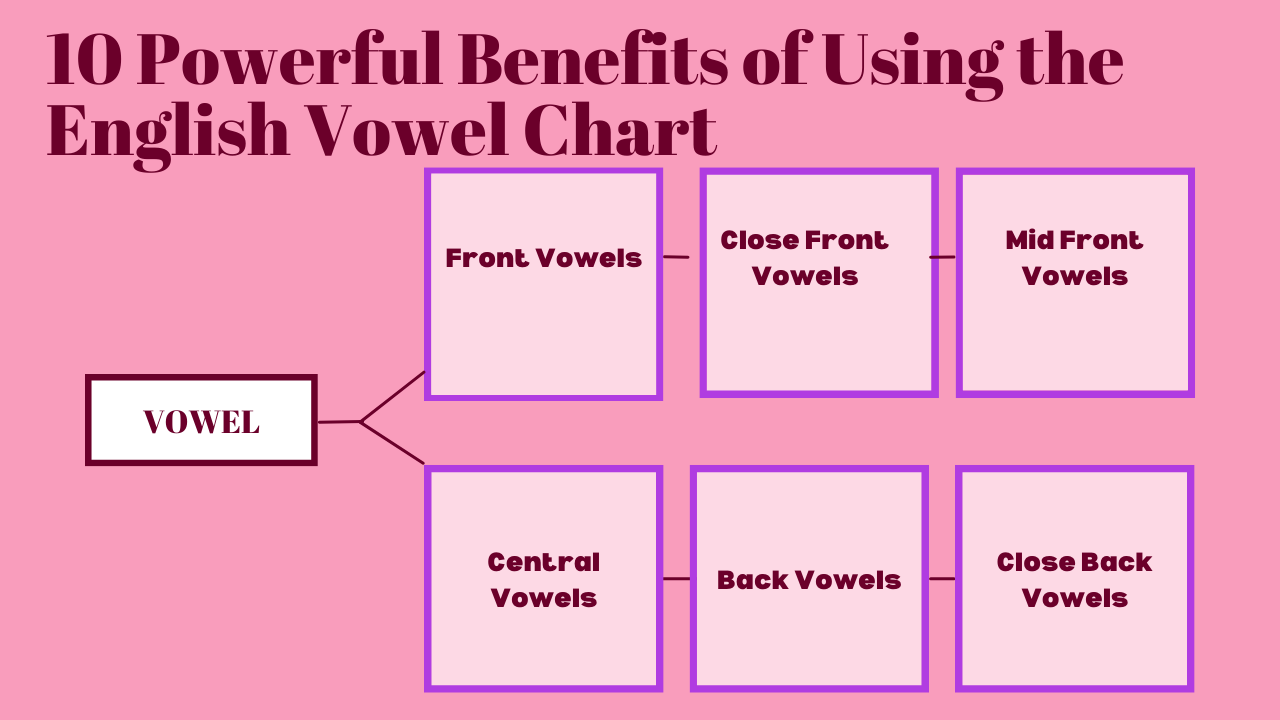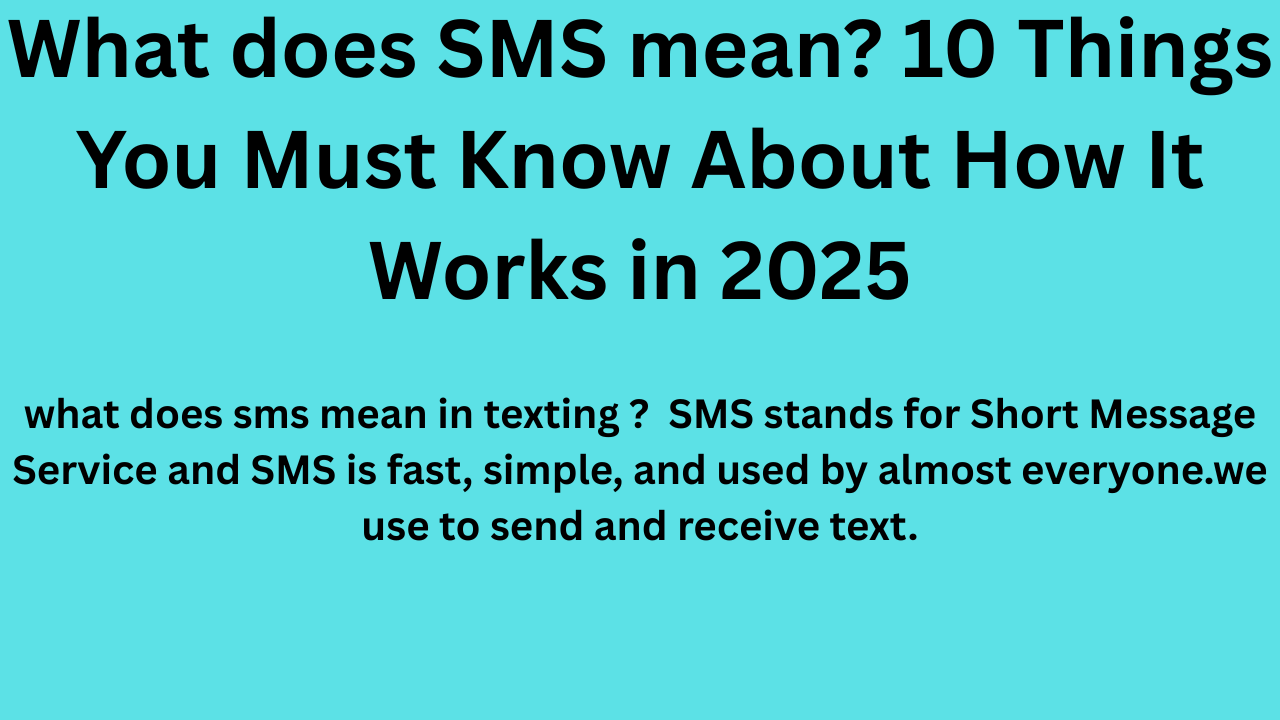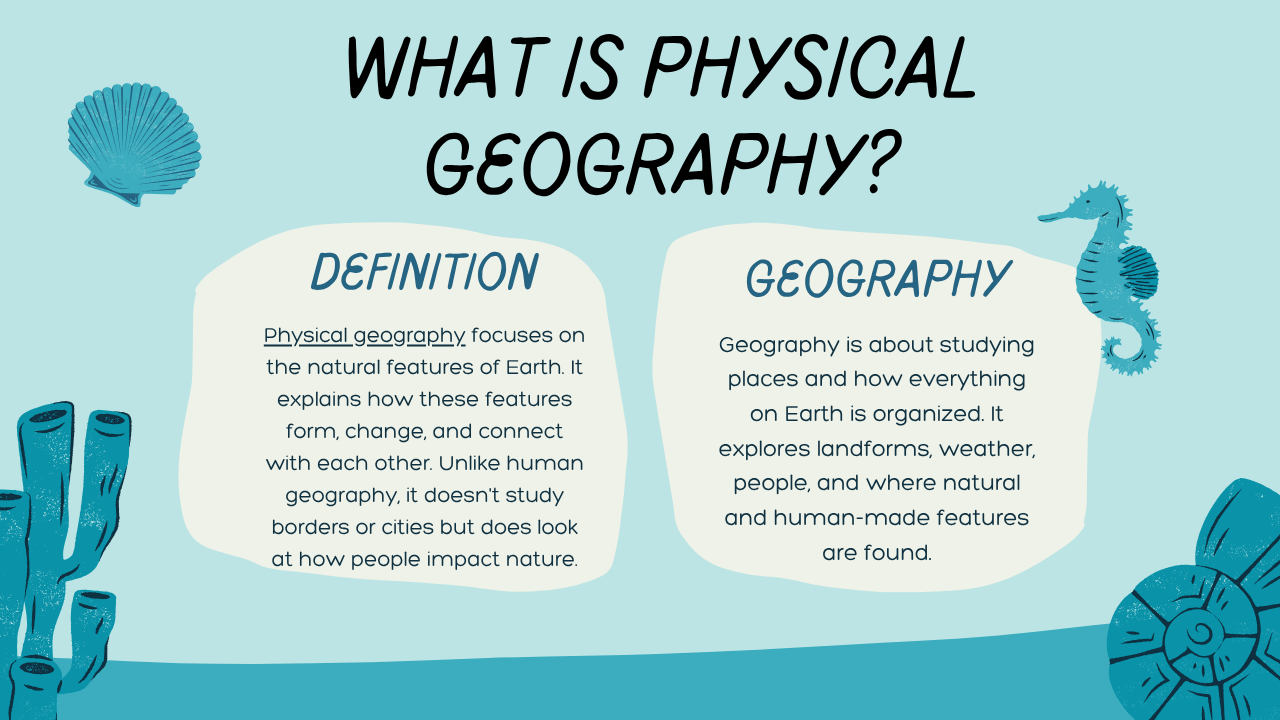Whether you’re planning a trip to Japan or just trying to understand your favourite anime without subtitles, you’ve probably wondered: How long does it take to learn Japanese?
It’s not a one-size-fits-all answer. Your learning speed depends on your goals, background, and how much time you can commit. This guide will walk you through realistic timeframes for different types of learners and share practical tips to help you become fluent in Japanese faster than you think.

Is learning Japanese really as hard as people say?
Japanese can feel overwhelming at first—with three writing systems, unfamiliar grammar, and tricky pronunciation, it’s no walk in the park. But with the right tools and a bit of consistency, learning it is more doable than ever. From language apps to online tutors, there’s help everywhere you look.
And the rewards? Totally worth it. Speaking Japanese lets you connect with locals in meaningful ways and gives you deeper access to Japan’s amazing culture, food, and traditions. Even knowing a little can boost your confidence while travelling or give your résumé an edge in a competitive job market. Yes, it’s challenging—but it opens doors you’ll never regret walking through.

How much time do you really need to become fluent in Japanese?
The time it takes to become fluent in Japanese varies for everyone. It depends on things like your goals, how much you already know, your experience with learning languages, and how committed you are to studying.
Whether you’re learning just for fun or aiming for full fluency, every bit of effort you put in brings you closer to understanding and speaking Japanese with confidence.

Fluency Timeline
How long does it take to become fluent in Japanese? While there’s no one-size-fits-all answer, language expert Benny Lewis suggests it could take between 400 to 600 hours of study. If Japanese is your first foreign language, expect it to be closer to 600 hours—but if you’ve already tackled another language, you might get there in about 400.
Keep in mind, this estimate is for everyday fluency—being able to hold real conversations, not writing academic essays. It might sound like a lot, but learning Japanese doesn’t have to be overwhelming. You can break it down into fun, manageable steps that fit your lifestyle.
And since your goals shape your path, we’ve laid out a few timelines below to help you estimate how long it might take to reach different skill levels, especially if you’re dedicating just an hour or two a day.
Beginner Level
- Study time: About 100 to 150 hours.
- What you learn: Basic words, greetings, introductions, and simple questions.
- When it’s useful: Helpful for travel or short conversations.
- Extra benefit: You’ll start to understand common words in anime, menus, and signs.
- Tip: Learning the basics makes it easier to go further later.
Beginner Level
- You can make sentences that are more advanced and still sound correct.
- You can read news articles, short stories, or simple books with help from a dictionary.
- You can talk about everyday topics and share your thoughts in Japanese.
- You can write short emails, messages, and small essays that make sense.
- You know how to be polite in Japanese using basic formal words.
- You can read and write some kanji and understand them in sentences.
Advanced Level
- You can speak and write clearly about both everyday and complex topics.
- You understand most conversations, even when people speak fast or use slang.
- You can read newspapers, novels, and formal texts with little help.
- You write long texts, essays, or reports in a natural and organised way.
- You use polite and honorific language (keigo) correctly in the right situations.
- You recognise and use a wide range of kanji with a good understanding.
What factors influence how quickly you become fluent in a new language?
You’ve already seen how your learning goals can change how long it takes to become fluent in Japanese. But there are some other things that matter too.
If you want a better idea of how long your Japanese journey might take, here are some key factors that can either speed things up or slow you down. These include your study habits, past language experience, and how often you practice.
Study plan
You’ve already seen how your learning goals can change how long it takes to become fluent in Japanese. But there are some other things that matter too.
If you want a better idea of how long your Japanese journey might take, here are some key factors that can either speed things up or slow you down. These include your study habits, past language experience, and how often you practice.
Motivation level
Struggling to Stay Motivated with Japanese? Here’s How to Fix It
The Problem:
If you’re not feeling ambitious, sticking to your study plan gets tough—you might even quit. But motivated learners? They reach their goals faster. Focus is key.
The Fix:
Hit a motivation slump with Japanese? Try these tricks to get back on track:
- Change it up – Try new study methods (apps, videos, podcasts).
- Take breaks – Short pauses prevent burnout.
- Get a tutor – A pro can guide and motivate you.
Bottom line:
Low motivation happens. Shake up your routine, rest when needed, and get support. You’ve got this!
Learn your way
Want to Learn Japanese? Here’s the Easy Way Based on Your Personality:
1. For Social Learners (You Love People!):
- Learn by doing – try chatting, language exchanges, or group classes
- You’ll pick it up fast by using Japanese in real conversations
- Tip: Find a study buddy so you don’t get bored alone
2. For Quiet Learners (You Like Your Space!):
- You’re great at self-study with apps, books, or videos
- Take your time to understand things deeply
- But remember to practice speaking too – start with short chats
Pro Tip for Everyone:
- Do what feels natural most of the time
- But sometimes, try the opposite way to get even better
Remember: There’s no “wrong” way – just your way to learn Japanese!
Conclusion
Want to Speak Japanese? Here’s the Simple Truth!
Learning Japanese might seem hard at first, but if you:
✅ Study a little every day
✅ Make time for practice
✅ Don’t give up
…you can start having real conversations in just a few months!
The secret? Enjoy the journey!
- Be happy about small wins (“I learned 10 new words today!”)
- Don’t stress about how much is left to learn
- One day, you’ll look back and be proud you kept going
Ready to start?
Check out Coto Academy for great Japanese classes – online or in-person! Get a free level check to find your perfect course. Just fill out the quick form below!
(Remember: Every expert was once a beginner. You can do this!)
FAQs
How quickly do you learn Japanese?
It will take 3-6 months of regular study.
How difficult is it to learn Japanese?
Q: Is Japanese hard to learn?
A: It has tough parts (like Kanji and grammar structure), but many parts are simpler than English (easy pronunciation, no verb genders). With regular practice, it’s totally doable!
Q: How long does it take to speak basic Japanese?
A: Most people can handle simple conversations (greetings, ordering food) in 3–6 months with consistent study.
Q: What’s the hardest part?
A: Kanji (Chinese characters) and polite speech levels trip up beginners. But start small—master Hiragana first!
Q: Is Japanese pronunciation difficult?
A: Not at all! Japanese sounds are clear and short (like “ka,” “shi,” “tsu”). No rolling R’s or silent letters!
Q: Can I learn Japanese just from anime?
A: It helps for casual phrases and listening, but you’ll need textbooks/apps for grammar and polite speech. Mix both!
Q: How many hours a day should I study?
A: Even 15–30 minutes daily beats cramming. Consistency is key!
Q: Should I learn to write Kanji early?
A: Focus on speaking/reading first if Kanji feels overwhelming. Add writing gradually.
Q: What’s the fastest way to improve?
A: Speak from Day 1—use apps like HelloTalk or find a language partner. Mistakes are part of learning!
Q: Is it worth learning Japanese?
A: Absolutely! Opens doors for travel, jobs, and understanding an amazing culture. Plus, it’s fun!
Q: Is it possible to learn Japanese in 30 days?
A: You can learn basic phrases (greetings, ordering food) in 30 days with intense study, but fluency takes years. Focus on practical words first!
Q: What is the hardest language to learn?
A: For English speakers, Mandarin Chinese, Arabic, and Japanese are among the toughest due to their writing systems and grammar.
Q: Is Japanese or Korean easier to learn?
A: Korean is slightly easier for English speakers because:
- Alphabet (Hangul) is simpler than Kanji
- Grammar is more similar to Japanese (but no Kanji!)
- But both take serious practice!
Q: Is 2 hours a day enough to learn Japanese?
A: Yes! With 2 focused hours daily, you could:
- Reach basic conversation in ~6 months
- Hit the intermediate level in 1–2 years
- Tip: Balance speaking, listening, and grammar.
Q: What is the easiest language to learn?
A: For English speakers: Spanish, French, or Italian—they share Latin roots and simpler grammar.
Q: What is N1 in Japan?
A: The highest level of the JLPT (Japanese Language Proficiency Test). It means near-fluency in reading, listening, and complex grammar.
Q: What is the hardest part of learning Japanese?
A: Most learners struggle with:
- Kanji (2,000+ characters needed for fluency)
- Politeness levels (formal vs. casual speech)
- Speed of native speakers
Q: How many kanji are there?
A: Over 50,000 exist, but you only need ~2,000 (the Joyo Kanji) for daily life and fluency.
Q: Can you learn N1 Japanese in 2 years?
A: Yes, but it’s intense! Passing N1 in 2 years requires:
✅ 3+ hours of daily study (grammar, Kanji, listening)
✅ Immersion (news, books, conversations with natives)
✅ Focused test prep (JLPT N1 past papers, specialized courses)
Most people take 3–5 years—don’t rush if you want real fluency!
Q: Is 4 years enough to learn Japanese?
A: Absolutely! With consistent effort, in 4 years you can:
Key: Speak daily and don’t skip Kanji practice!
Pass N2/N1 (advanced fluency)
Work in a Japanese office (if you practice business Japanese)
Understand TV, novels, and complex conversations







